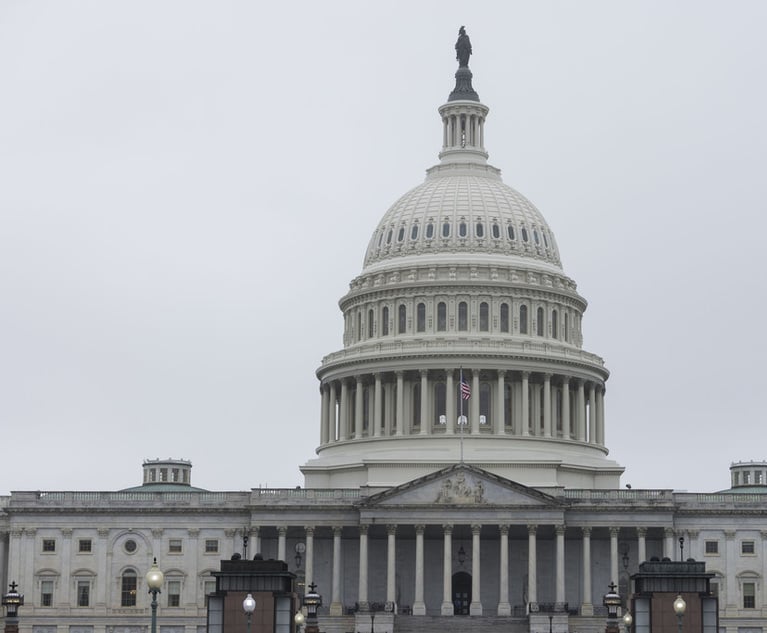Recently in London, a 47-year-old railway ticket officer who had underlying respiratory problems, died from COVID-19 less than two weeks after a member of the public intentionally coughed and spat on her. The assailant announced to the railway officer that he was infected with COVID-19 and left. I found the incident appalling and asked myself, “Is this any different than if she were shot or stabbed to death?” Is it just as accurate to say that the railway ticket officer was “shot” with COVID-19, as sure as if it were a .45 caliber pistol? What if someone or some group decided to “spray the room” or engineer a mass attack using COVID-19? Should there be a federal law prohibiting such use or threatened use of this deadly virus? I say, “yes.”
By way of analogy, in 2004 Congress passed Section 175c of Title 18 of the U.S. Code which makes it “unlawful for any person to knowingly produce, engineer, synthesize, acquire, transfer directly or indirectly, receive, possess, import, export, or use, or possess and threaten to use” smallpox. In support of the law, Congress found that smallpox was “an extremely serious, contagious, and sometimes fatal disease,” adding that it “may appeal to terrorists.” The mandatory minimum penalty for violating the Act is 25 years of imprisonment. And if you kill somebody under Section 175c, you get life. COVID-19 is no different from smallpox when it comes to the need to deter and punish the intentional use or threatened use of this pathogen.


 Bret R. Williams of BRW LawGroup. (Courtesy photo)
Bret R. Williams of BRW LawGroup. (Courtesy photo)




